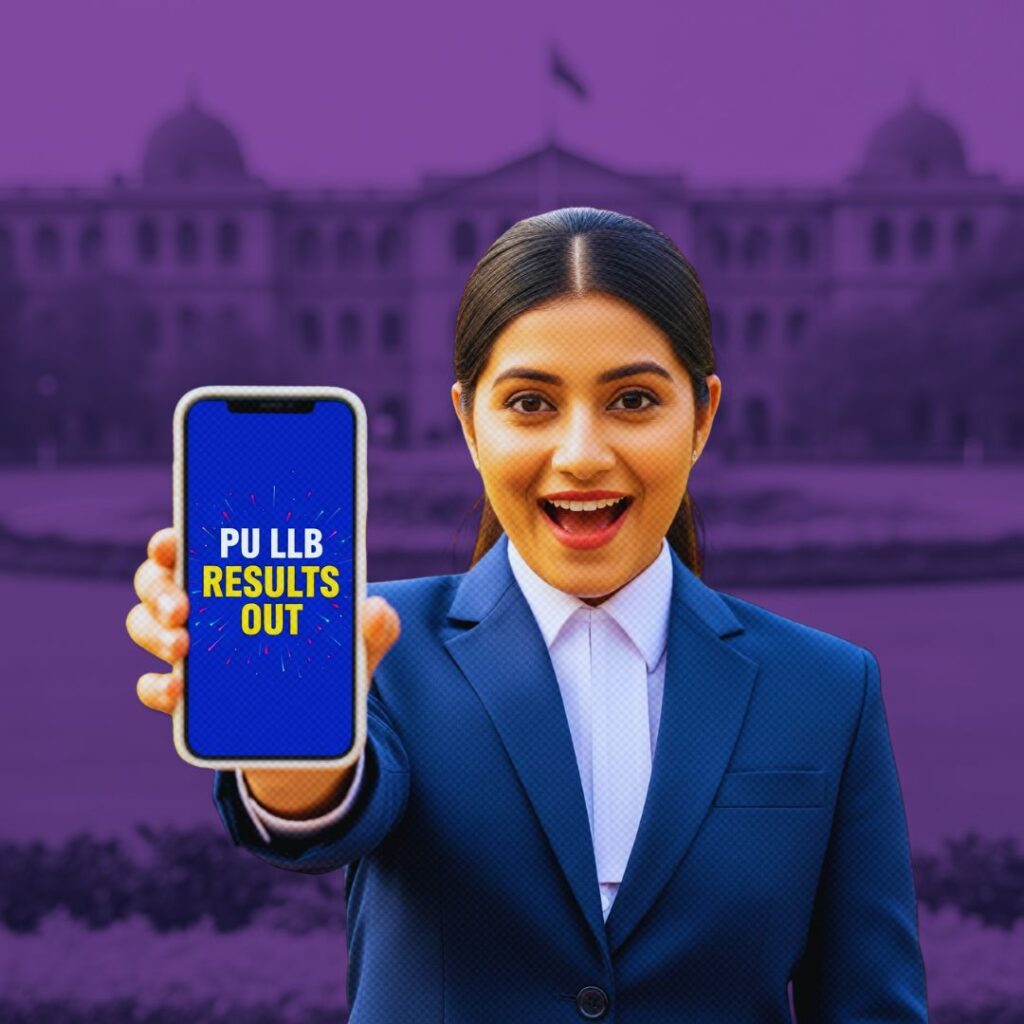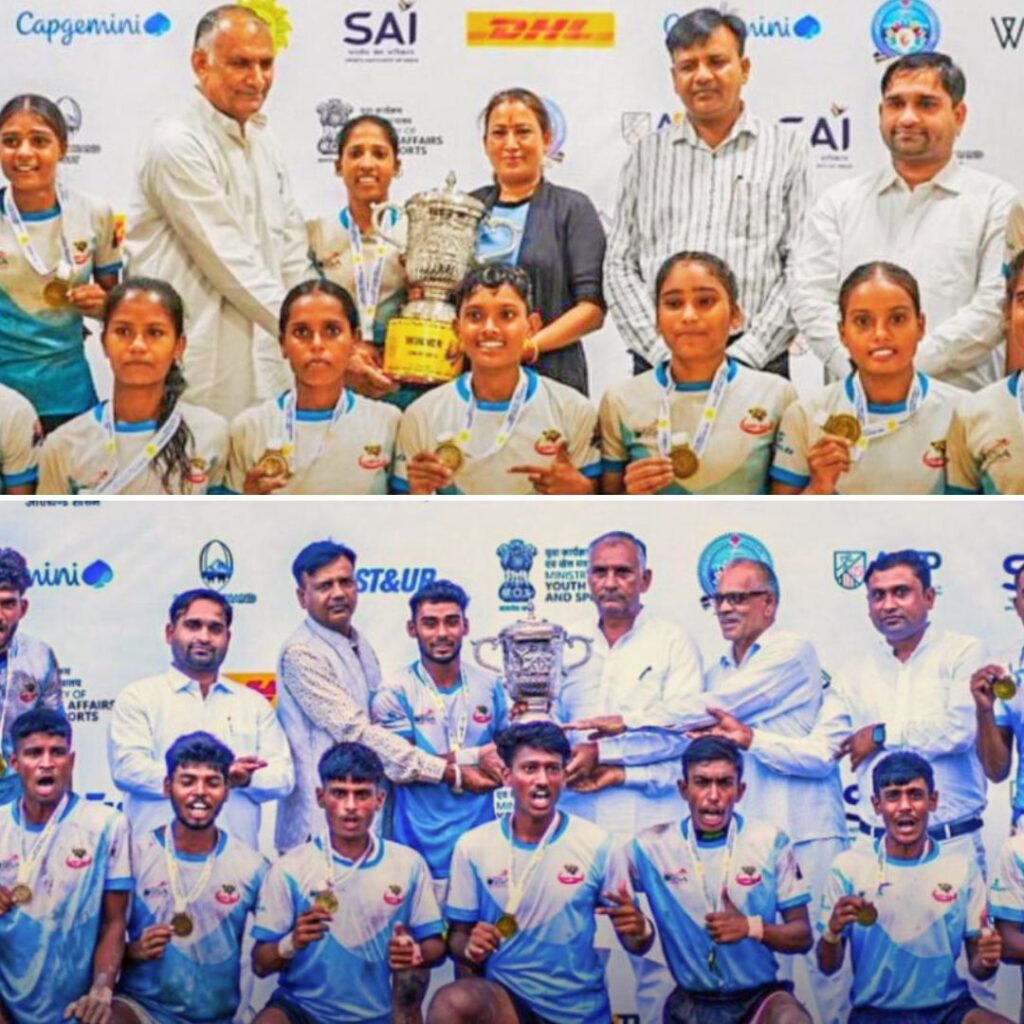“Yes, I have a right on you, you are my source of satisfaction. If I ever stop you on the street, do not get alarmed or unleash your dog on me.
If I follow you, do not stop me. Whatever the reasons might be, do not stop me.
If I follow you, do not stop me.”
In case you haven’t figured already, the above lines are of the song ‘Tu mere Agal Bagal Hai’ from the movie Phata Poster Nikla Hero.
Boy develops a crush on a girl. Boy pursues the girl. The girl rejects his advances. Boy takes it as a sign to pursue her harder. He spies on her, stalks her, sings for her. At every step, he gets creepier.
But there is a silver lining – his creepiness is directly proportional to the girl’s fascination with his theatrics.
Boy finally gets the girl.
The girl is madly in love with her stalker.
This is precisely the script of most of the movies made in India – movies that have normalised stalking as romance. After all, the hero is in love with the heroine (who always comes second to her male counterpart, both in terms of the role she plays and the money she earns for the role), and everything is fair in love.
As Bollywood movies show how impressed the heroine gets when she is pursued in a public bus – stared and brushed ‘accidently’- the reality is contrastingly different.
In the real world, when a girl is followed, it’s called stalking. Not romance.
In the real world, when a girl is pinched or touched in a bus, it’s called sexual harassment. Not love.
But Bollywood teaches young boys that it’s okay to hit on girls in buses because girls who travel in public transports wearing clothes that show off her body (or not) call for the glares, the gropes, and the pinches.
And if nothing works out, shower her with gifts because as Salman Khan said in Wanted, “Tu ladki ke peeche bhaagega, ladke paise ke peeche bhaagegi. Tu paise ke peeche bhaagega, ladki tere peeche bhaagegi.” Simply put, girls are ‘cheez mast mast’, hence their affection can be undoubtedly bought with money.
Since the advent of Bollywood movies, song lyrics have condoned misogyny and sexism.
Leading Bollywood actress Aishwarya Rai singing and dancing to the lyrics ‘Ye uska style hoinga, hoton pe na aur dil pe haan hoinga’, spreads the message that a girl’s consent is immaterial since deep down she actually desires the sexual attention and the nasty stares. This song is from the 1990 movie Josh, and we’d think that the Indian film industry has progressed in the last 27 years. However, as Kareena Kapoor dances to a song where she calls herself a piece of chicken meant to be swallowed with alcohol, our hopes remain unfulfilled.
Many would argue that movies are a medium of entertainment, not meant to be taken seriously. However, Bollywood forms one of the most essential parts of our lives. We’ve grown up watching Bollywood movies and item songs. We’ve danced to them, hummed the lyrics, and played them aloud on our birthdays and marriages without realising how deeply they influence us.
To the average moviegoer who belongs to the 70% rural population of the country, portraying women as sex objects have far-reaching ramifications than we can comprehend. Glorifying “eve-teasing”, normalising stalking, and romanticising rape, send the message that such lewd behaviour is ‘cool’.
Women have fought for their rights since time immemorial, and all that struggle means nothing if one of the largest film industries in the world portrays its women as mere sex objects.
It’s time Bollywood shows women in a manner they are meant to be depicted – as human beings.
It’s time the film industry doesn’t hold superficial standards of masculinity and femininity that people in the real world struggle to match.
It’s time song lyrics aren’t about the curves of a woman’s body or how “hot” she looks in the rain or how she is only an object of desire and control.
(function(d, s, id) { var js, fjs = d.getElementsByTagName(s)[0]; if (d.getElementById(id)) return; js = d.createElement(s); js.id = id; js.src = ‘//web.archive.org/web/20200929202106/https://connect.facebook.net/en_US/sdk.js#xfbml=1&version=v2.3’; fjs.parentNode.insertBefore(js, fjs);}(document, ‘script’, ‘facebook-jssdk’));
#GaanaRewrite
No stares, no lewd comments, no strokes by ‘harassers’. Is this too much to ask? We live in a society inspired by Bollywood songs that teach us to harass a woman because “Ladki Tu Hai Badi Bombaard”. Bollywood actor, Farhan Akhtar, recently tweeted – “Songs that use lewd lyrics are #NotMusicToMyEars and I commit to making sure they’re not part of the movies I make.” It’s time to #GaanaRewrite for #SaferBuses for girls in India.
Posted by The Logical Indian on Wednesday, April 5, 2017
It’s time lyrics stop being demeaning and start respecting women – her consent and her power.
It’s time each of us works together to achieve equality in our films and join the movement of #GaanaRewrite launched by Akshara Centre.
With #MySocialResponsibility, we aim to brin…











